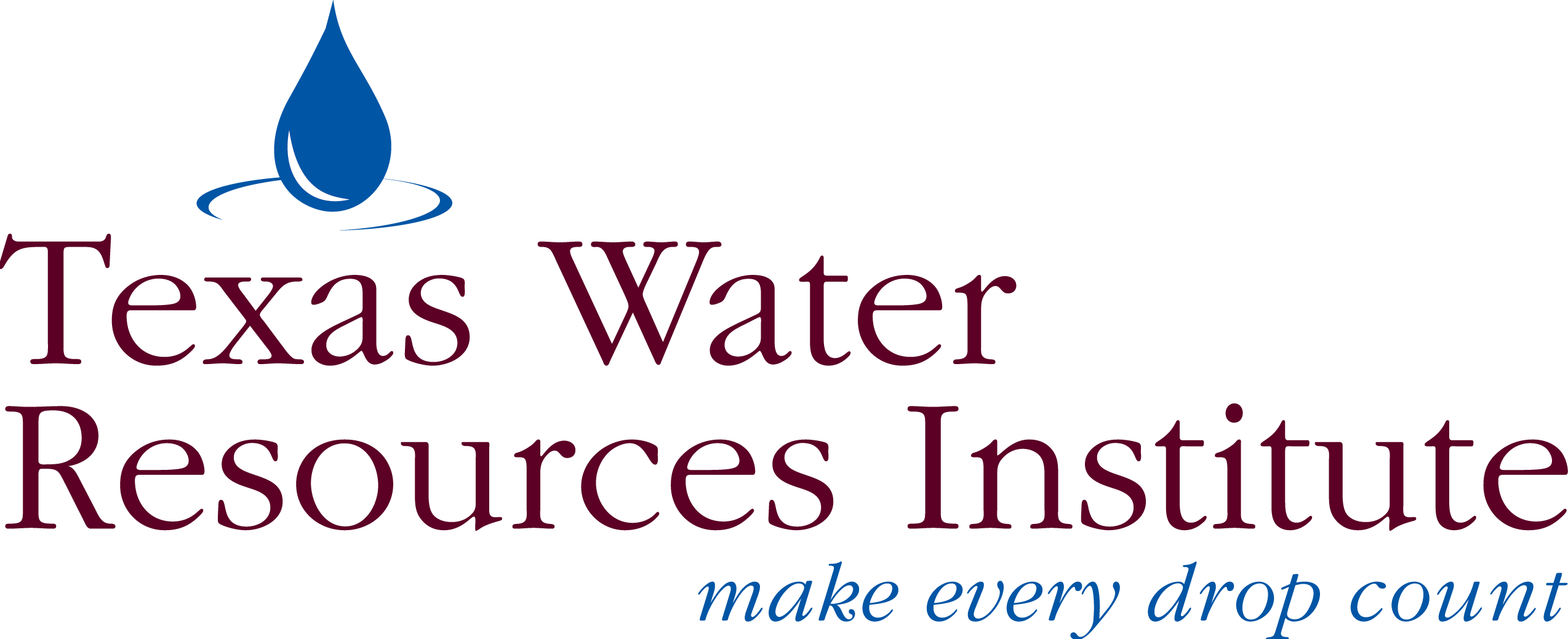Article originally written by September Martin
Stephanie deVilleneuve has been interested in environmental science since she was a child. She grew up in Sacramento, California, where ideas like recycling and environmental conservation were emphasized in school and the community. When she was in second grade, she was so surprised that her school did not have a recycling program that she worked with some of the teachers to start one.
Later, during her undergraduate studies, deVilleneuve was inspired to focus on water. “Water really kind of spoke to me; we will always need good quality water,” she said.
“Water quality and sustainability seem like the biggest environmental issue we’re going to be facing for the rest of our lives and our future generations. I want to be a part of that, of learning more about what we can do to preserve water quality and keep finding different ways to conserve even the quantity of water. This is something we really need people to research and learn about to make our world more sustainable.”
Watershed work
DeVilleneuve is a research associate for Texas Water Resources Institute (TWRI). She primarily works on watershed protection plans and watershed characterizations.
“I go out in the field and lead students and other employees to do water quality monitoring,” she explained. “We go to these impaired watersheds and collect bacteria, nutrient and flow data to try and get a current picture of what the water quality is like.”
The data collected in the field is examined and compared with data from previous years. Through this analysis, deVilleneuve and her colleagues can determine whether the water bodies are still impaired and how impaired they are.
DeVilleneuve focused on water quality work while completing her masters’ degree through Texas A&M University’s Water Management and Hydrological Sciences program. Her thesis research involved fieldwork in Colorado. “I looked at the water quality of step pool systems and if step pools had any impact on water quality in the mountains,” she said.
Step pools are a type of river channel consisting of steps formed by boulders and larger rocks. These steps span the entire water channel, such as a stream or creek, and have a fairly gradual slope. DeVilleneuve’s goal was to determine the impact of step pools on the overall quality of water in the sampled streams.
What deVilleneuve enjoys most about her work with TWRI is interacting with real stakeholders.
“When you sit behind a computer, and you do all this data crunching, and you make all these maps, it doesn’t mean as much to you until you actually go and talk to people that live there and see that they actually care about, you know, what that data means and what it says because they’re the ones that are impacted by it,” she explained.
A helpful challenge
Currently, deVilleneuve is working on her doctorate in soil science through Texas A&M. To find her path, she asked herself where the gap in the research was. The answer turned out to be the interactions of soil and water.
“I think that’s something that’s obviously a really important interaction. And I wanted to learn more about that and specialize in those interactions. So I decided to go back to school and get a Ph.D. in soil science. So I can combine water and soil science together to start doing research in that field,” deVilleneuve said.
One specific interaction deVilleneuve mentioned that is relevant to her current work is nutrient leaching. Nutrient leaching is the process of water-soluble nutrients passing through the soil too quickly for plants to use them because of excessive rain or irrigation. DeVilleneuve works with producers in Texas to improve soil and irrigation practices in order to minimize nutrient leaching.
While working with producers has inspired deVilleneuve in her doctoral studies, she shared that it also provided one of her biggest challenges working at TWRI. Many of the people she works with have an agricultural background, but she grew up in the suburbs and did not have any experience with agriculture. Her inexperience made it difficult to communicate with stakeholders initially, but she learned from her colleagues’ experiences by asking questions and working hard to improve her background knowledge.
Looking to the future
After deVilleneuve earns her doctorate, she would like to continue her work in soil and water. One idea she shared was the possibility of developing soil and water education for landowners. The work would involve teaching landowners about soil testing and best practices for maintaining healthy soil, as well as best practices for irrigation and how soil and water interact.
In terms of future research, deVilleneuve is keeping her options open.
“I really think there’s so many different ways I could go about it. As far as soil and water, I was thinking about how flooding impacts soil quality and climate change, things like that,” she said. “But my ultimate goal is to be able to develop proposals and research projects in that soil and water space. I really want to get to where I’m publishing and just expanding on and even diversifying the types of projects we have here at TWRI.”



